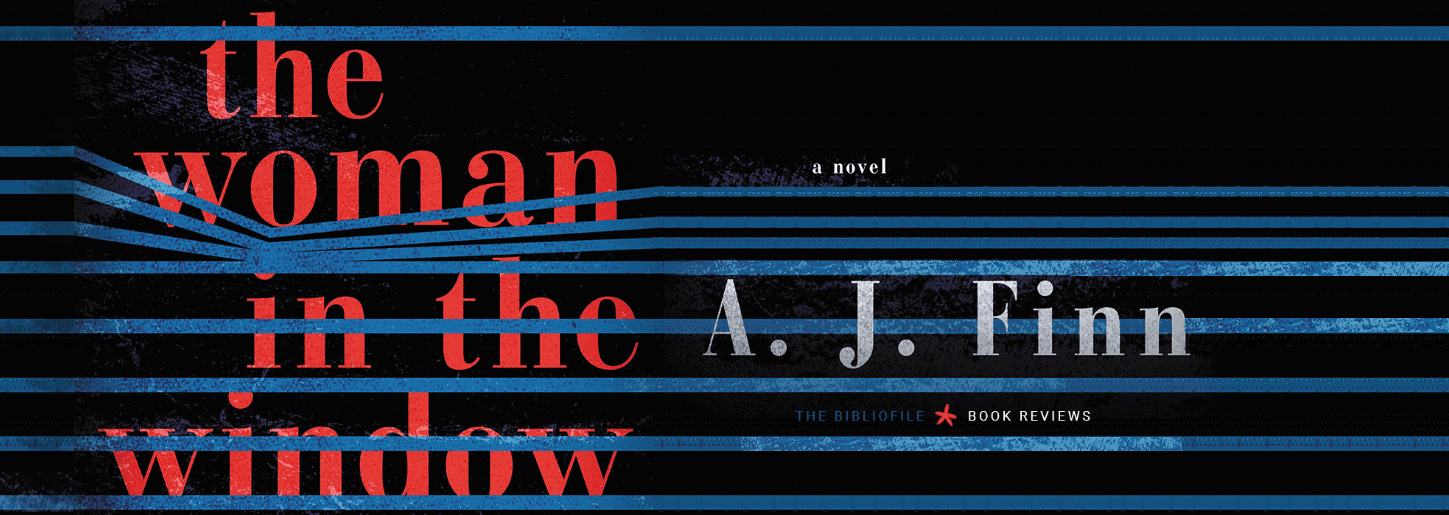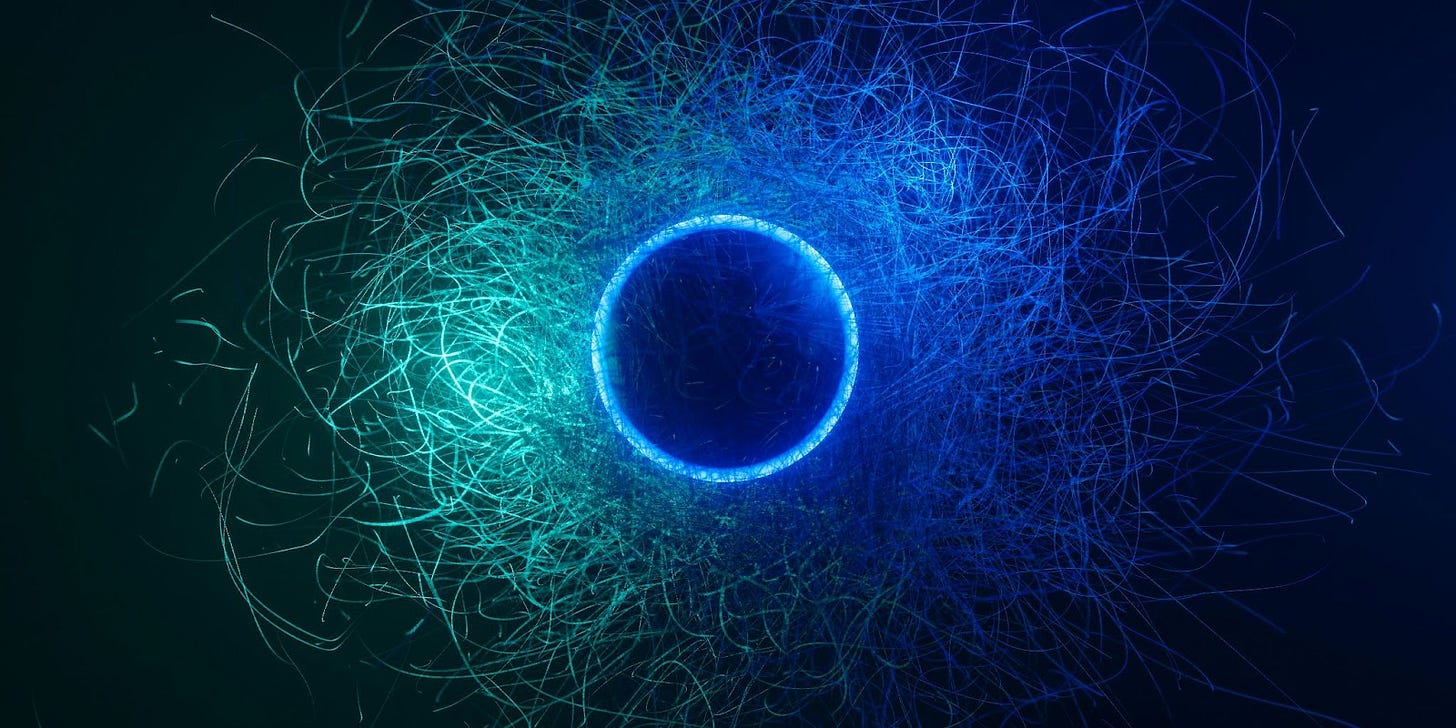#146: 🥚 Breaking the 35 Rule: Why Age Limits in Egg Freezing Are Backwards
Challenging the Narrative that Egg Freezing is Only for Women Running Out of Time
Hey Friends,
What longevity conferences are you headed to this fall?
My calendar is open and I’m curious where I might see you later this year.
Drop your favorite events in a DM or in the comments.
Cheers from Lisbon,
Nina
💬 In this note:
🥚 Breaking the 35 Rule: Why Age Limits in Egg Freezing Are Backwards
📚 The Woman in the Window
⚡️ Reversing Time
#146: 🥚 Breaking the 35 Rule: Why Age Limits in Egg Freezing Are Backwards
If you’re a woman in your 30s, you’re hearing about, talking about, considering, or feeling guilty about egg freezing.
I have some strong opinions about egg freezing, and the marketing messages around it.
So let’s talk about it.
Also - men, don’t stop reading now. This article is for you too.
Recently I was chatting to two of my male friends and discovered that one didn’t know that a woman’s period stops at menopause.
The other did not know that once a woman goes into menopause, they can no longer carry a child.
He thought that women were freezing their eggs so that they can get pregnant themselves after menopause…which is not possible.
If you’re a man and thought of either of the above statements, keep reading, and I promise you’ll learn something new.
Women’s Biological Clock
As women, we have a finite number of eggs.
Over time, the quality and quantity of those eggs decline.
Menopause marks the end of women’s natural fertility, and for many, it happens earlier than expected.
But what if we could freeze time, literally?
Egg Freezing: The Process and Its Reality
Egg freezing sounds like a miracle, right?
It’s marketed as the way to “pause” our biological clocks and keep our fertility options open.
The process involves going through a stage of IVF where a series of eggs are harvested from your ovaries.
It’s an invasive, expensive, and physically taxing procedure.
As women age, the number of eggs that can be successfully collected decreases, and the quality of those eggs also declines.
Although egg freezing is targeted to women in their 30s, there is no actual age limit or cutoff for freezing your eggs other than menopause, although the potential of those eggs turning into a live birth reduces in the 40s.
My Opinion - Should We Have Done This at 20?
Here's my hot take: I truly believe we should have been freezing our eggs at 20, when our egg quality is at its peak.
At that age, you feel like you have plenty of time to start a family, but the reality is that, by the time you hit your mid- to late-30s and are ready, you may have challenges to conceive naturally.
Egg freezing marketing is targeted to women in their 30s as this is the “last chance” they have to freeze their eggs.
The narrative also says that after 35, there is no point in freezing your eggs. (Which is not true!)
Since the quality of women’s eggs declines over time, ideally, if a woman wants to freeze her eggs, why not do it much earlier than 35.
Even as early as in our 20s.
At this age, one cycle of egg freezing would produce enough eggs so that a woman wouldn’t have to go through multiple cycles.
I have many friends in their mid-30s who are going through egg freezing cycles now and they are getting 2-4 viable eggs in each cycle. They are going through 2-3 cycles each, to get at best a total of ~12 healthy eggs that are viable for freezing.
Contrast this with another friend of mine who went through egg freezing at 27. At her young age, the doctors harvested 42 eggs, of which 20 were healthy and viable to freeze from just one cycle.
She has a good number of eggs, and they are higher quality eggs, because they were frozen when she was younger.
Keep in mind that in the United States one cycle of egg freezing costs between $10,000 - $20,000 per cycle.
That means women in their mid- to late-30s are doing three cycles, and potentially spending between $30,000-$60,000 on egg freezing.
Of course, freezing eggs when you are younger means taking on the costs to maintain the cryofreezers, which is ~$1000 per year in the United States. In some cases the storage can be covered by your health savings account (HSA).
However, this cost of storage is negligible compared to doing a second or third cycle of egg freezing.
Once the eggs are frozen, they maintain their viability.
Most countries allow eggs to be frozen for up to 50 years. So there is no limit on the freezing duration.
Previously some countries limited freezing to 10 years, but this has since changed.
So…why didn’t anyone encourage us to consider this back then?
Why is egg freezing framed as a "last resort" instead of a proactive measure for reproductive freedom?
I think it should be viewed as a “first resort” which allows women to have the freedom to have a baby at any age.
Are Women Using Their Frozen Eggs?
While more women are freezing their eggs, a relatively small percentage actually return to use them.
There are different statistics out there but the number of women returning to use their frozen eggs ranges from 6% to 20%.
The reason women don’t come back to use their frozen eggs is because they conceive naturally.
Statistics also show that the younger you are when you freeze your eggs, the less likely you are to come back to them.
Nonetheless, I believe the ”peace of mind” of freezing higher quality eggs at a younger age may also help ease women’s stress later in life making it easier to conceive naturally.
Realistic Expectations
What’s the likelihood of success?
I just dove into the latest SART data (that's the Society for Assisted Reproductive Technology - basically the gold standard for fertility stats), and wow, I’m glad they are here running these studies.
After egg freezing, when a woman wants to use those eggs. She will undergo in-vitro fertilization (IVF).
The most important thing to know?
The age when you start IVF treatment matters more than almost anything else.
Here's what the 2023 data shows for live birth rates:
IVF Success Rates by Age (Fresh Cycles)
Under 35: 43% chance of a live birth per cycle
35-37: 30% chance
38-40: 19% chance
41-42: 9% chance
Over 42: 3% chance
Translation: If you're under 35, you have roughly a 1 in 2 chance of success per IVF cycle. By 40, it's closer to 1 in 5.
Success of Frozen Transfers
What really surprised me in the data is that frozen embryo transfers (this means embryos created using eggs from women’s long-term egg freezes) actually have better success rates than fresh cycles:
Under 35: 49% live birth rate
35-37: 48% live birth rate
38-40: 47% live birth rate
41-42: 43% live birth rate
Over 42: 36% live birth rate
Why the difference?
With frozen transfers, doctors can optimize timing and choose the best quality embryos. Your body also gets a break between egg retrieval and transfer.
It's Not Just Women Who Need to Think About Their Fertility - Men, Listen Up.
We always talk about the biological clock for women, but men have a role to play in fertility too.
Many men believe they can father children well into old age, but the reality is that male fertility declines with age as well.
It’s not just women’s eggs that age, sperm quality also deteriorates.
Men should be just as proactive about their reproductive health and consider freezing their sperm while they are younger as well.
This conversation is often overlooked, but it needs to change.
Alternatives in Fertility Preservation
While egg freezing is the go-to option today, there’s hope on the horizon.
Companies like Oviva Therapeutics (recently acquired by Granata Bio) are working on advancing ovarian longevity and delaying menopause.
There are also conversations around artificial wombs, which could revolutionize how we think about fertility in the future.
These innovations are still in their early stages, but they could change the game for women everywhere.
Reproductive Autonomy: Empowerment or Exploitation?
In the end, egg freezing fits into the larger conversation about reproductive autonomy.
I believe women should have the freedom to choose when and how to have children, and I think it’s time to flip the script.
We shouldn’t be pressured to make decisions about our fertility based on fear or external pressure.
If I ever become a mother to a daughter, I’d offer to pay for her egg freezing in her 20s, including storage for 10-20 years, so that she can have peace of mind and the freedom to make informed, empowered decisions about her future.
We need to take control of the conversation, advocate for the proactive freezing of eggs when we’re younger, and make fertility preservation a normal, empowered choice rather than a decision from fear.
📚 Book of the Week
The Woman in the Window by A.J Finn
Rating: ★★★☆☆
Anna Fox lives alone in her Harlem brownstone, drinking too much wine, popping pills, and watching her neighbors through her window.
When she witnesses something shocking in the house across the street, no one believes her, including the police.
As an agoraphobic shut-in with addiction issues, Anna makes for an unreliable narrator in this psychological thriller that asks: what did she really see?
I'll be honest, Anna Fox really frustrated me for most of this book.
Every time she had a chance to overcome her agoraphobia or put down the bottle long enough to think clearly, she'd retreat back into her cocoon of wine and prescription drugs.
The mystery hinges on Anna's credibility, but watching her sabotage herself at every turn made me want to shake her and shout "Just leave the house! Stop drinking! Help yourself!"
Just when I was ready to write this off as a mediocre thriller about an annoying protagonist, BAM. The final act completely blindsided me.
If you can stick with Anna through her most maddening moments, you'll be rewarded with one of the better plot reveals I've read in recent psychological thrillers.
It's that twist alone that bumps this from a 2-star "meh" to a solid 3-star "worth the read."
This book was adapted into a feature film starring Amy Adams, Julianne Moore and Gary Oldman in 2021.
⚡️ Check This Out
Source: Photo by Dynamic Wang on Unsplash
Quantum physicists just figured out how to reverse time!
Well, sort of.
The breakthrough achieved over 95% accuracy and could revolutionize quantum computing by letting processors "undo" errors.
They can even fast-forward time by "stealing" years from some quantum systems and giving them to others.
The researchers describe the quantum switch to be like having a remote control for particles instead of being stuck watching the movie of physics from start to finish.
Don't pack your DeLorean yet though, rewinding just one second of human existence would take millions of years of quantum computing.
🗣️ Looking for the Nina’s Notes Podcast?
It’s available on: 🟢 Spotify, 🟣 Apple Podcasts, 🟠 Substack Podcasts
On the Nina’s Notes Podcast I interview entrepreneurs who are building products based on the science that I write about in the Nina’s Notes Newsletter.
You’ll also find voice overs of all the weekly Nina’s Notes.
Edited by Wright Time Publishing






Hi Nina - we do the Bio-Frontiers Month and Summit on September 5-7 here https://www.infinita.city/biofrontiers/landing
Reprotech is a big focus, e.g. we have AthenaDAO, Joshua Johnson, Paula Amato, Jonathan Anomaly here